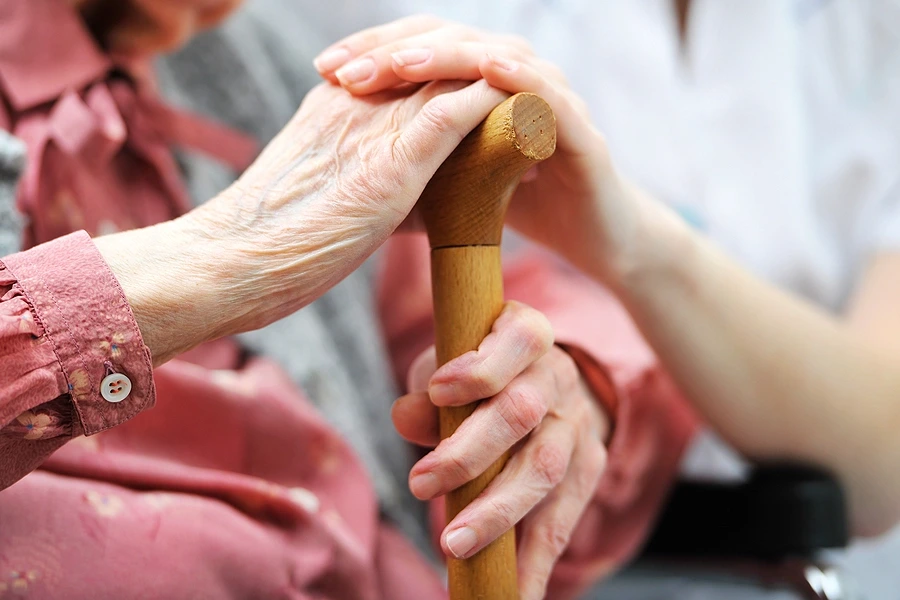Elder Abuse Litigation in California: Protecting Our Seniors

Elder abuse is a pressing concern that demands attention, especially in a state with a significant senior population like California. Recognizing the signs of elder abuse and understanding the legal avenues available for protection and justice is crucial. In this article, we will delve into the specifics of elder abuse litigation in California, shedding light on the measures in place to safeguard our seniors.
Defining Elder Abuse
Elder abuse encompasses a range of intentional or negligent actions that result in harm or serious risk of harm to an older adult. This mistreatment can take various forms, including physical abuse, emotional or psychological abuse, financial exploitation, neglect, and abandonment. Identifying and addressing these issues promptly is essential to protect vulnerable seniors.
California’s Legal Framework for Elder Abuse
California has enacted legislation to address the specific challenges associated with elder abuse. The Elder Abuse and Dependent Adult Civil Protection Act (EADACPA), found in the California Welfare and Institutions Code, provides a legal basis for pursuing civil action against those responsible for elder abuse. This act is designed to protect elders and dependent adults from physical, emotional, and financial abuse, as well as neglect.
Types of Elder Abuse Claims
Elder abuse claims can take various forms, each requiring a nuanced approach. Some common types of elder abuse claims include physical abuse resulting in injuries, emotional or psychological abuse causing mental distress, financial exploitation, and cases of neglect leading to physical harm or deterioration of health.
Legal Recourse for Elder Abuse Victims
When elder abuse is suspected or confirmed, legal recourse is available to victims and their families. Civil litigation allows for the pursuit of compensation for damages resulting from the abuse, including medical expenses, pain and suffering, and, in cases of financial exploitation, restitution. Additionally, the legal process may involve obtaining restraining orders to protect the elder from further harm.
Reporting Elder Abuse
California mandates reporting of suspected elder abuse by certain individuals, including healthcare professionals, law enforcement, and elder care facility staff. Reporting suspicions of abuse promptly to Adult Protective Services (APS) or local law enforcement is critical to ensuring the safety and well-being of the elderly individual.
Legal Representation for Elder Abuse Cases
Navigating the complexities of elder abuse litigation in California often requires legal expertise. Consulting with an attorney experienced in elder abuse cases can provide victims and their families with guidance on their rights, the legal process, and the potential for pursuing compensation. Attorneys can help build a compelling case, gather evidence, and advocate for the rights of the elderly victim.
Conclusion
Elder abuse is an alarming reality that demands our attention and collective action. In California, the legal framework exists to hold perpetrators accountable and seek justice for those who have suffered from abuse. If you suspect or have evidence of elder abuse, taking prompt action, including reporting and seeking legal advice, is essential to protect the rights and well-being of our senior population. Together, we can work towards a safer and more secure environment for California’s seniors.
